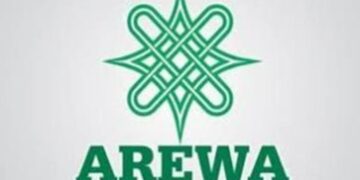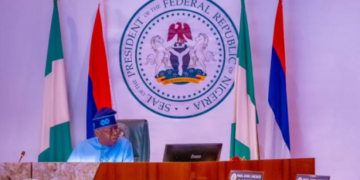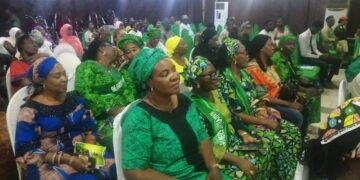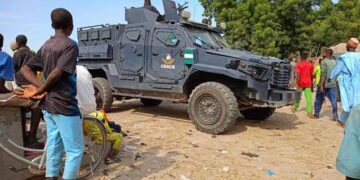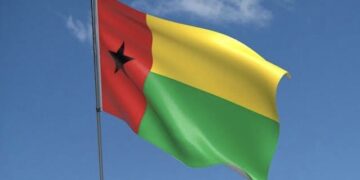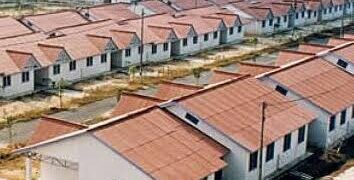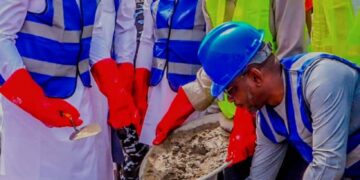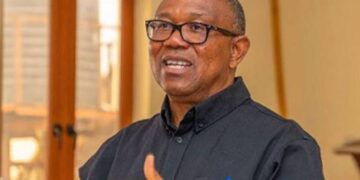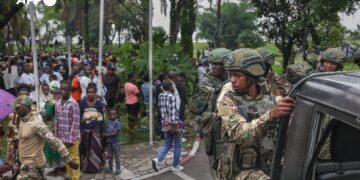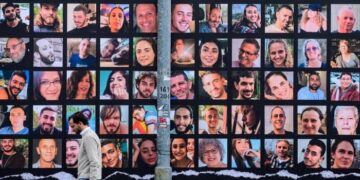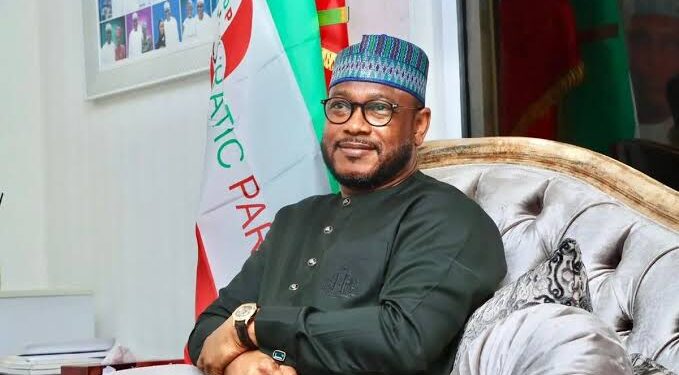Governor of Zamfara State, Dauda Lawal on Wednesday flagged off the distribution of teaching and learning materials to 250 public primary and junior secondary schools in the State.
In a ceremony held in Gusau, the State capital, to mark the distribution of the materials, the governor, in a statement issued by his spokesperson, Sulaiman Bala Idris, said the materials is his administration’s intervention efforts to boost education sector of the State.
He said, “I am delighted to be at this significant event of distributing reading materials to students in our basic education subsector. This gesture is one of the many interventions that Zamfara State benefits from.
“We are overhauling sixty (60) secondary schools across the state under the World Bank Assisted Community and Social Development Agency (CSDA). Each local government area has six (6) secondary schools undergoing renovation, while the state capital, Gusau, has eight (8).
“The education emergency declared in the state is not limited to only basic and secondary education but also tertiary-level education. Provision of new facilities and rehabilitation of old ones is ongoing in all tertiary institutions across the state.
“Today’s event is a step in the right direction at the right time. It complements our efforts to provide Zamfara with qualitative and equitable education to liberate our people from ignorance and poverty. UNICEF’s noble objectives of promoting literacy and educational opportunities for students and learners in the Nigeria Learning Passport (NLP) initiative, aimed at facilitating learning both within and outside the classrooms, are commendable”
The governor further disclosed that his government has settled the backlog of WAEC and NECO debts owed by the previous administrations.
“We are reviving education at all levels to give meaning to the lives of our young people. Today, our students are writing both WAEC and NECO examinations like their counterparts across the country, leading to timely result releases. We have negotiated with the examination bodies and began settlement of liabilities inherited due to the failure of the past regimes to meet this basic requirement.”

